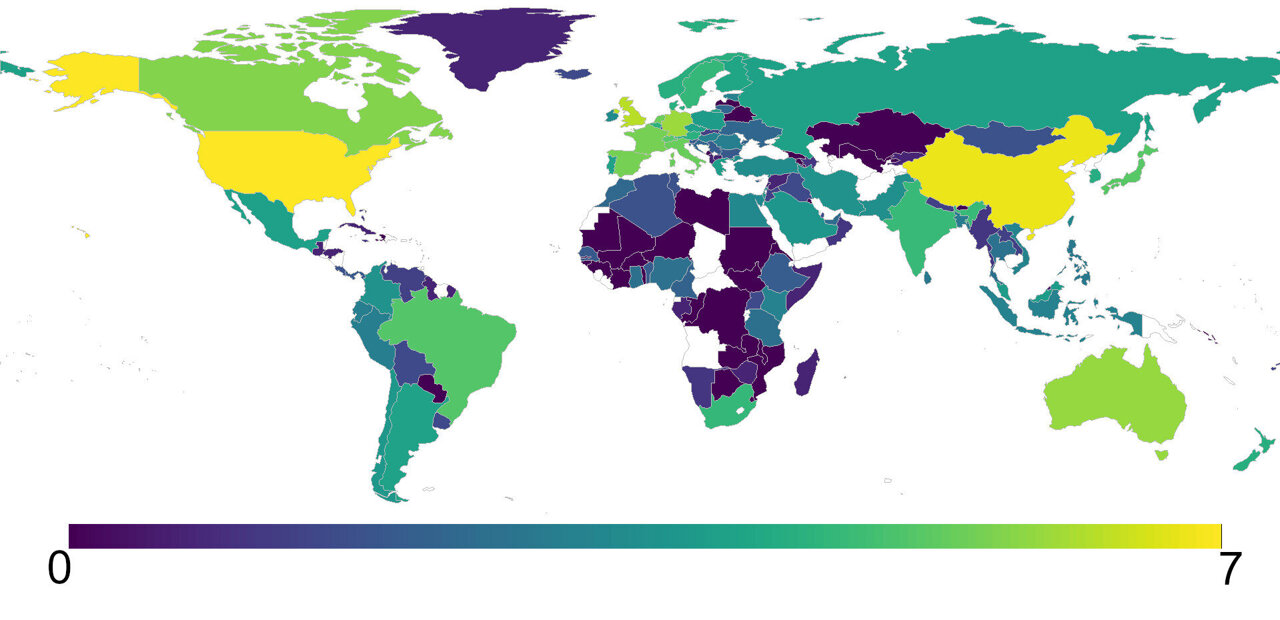Unequal Labs: How Global Science Struggles with Research Divide

A Growing Disparity in Global Scientific Research
The landscape of scientific research is increasingly revealing a stark and troubling imbalance that challenges the principles of global knowledge creation. Across academic disciplines, studies predominantly emerge from economically advanced nations, creating a significant knowledge gap that marginalizes perspectives and research capabilities from developing countries.
This research asymmetry is more than a statistical anomaly; it represents a profound systemic issue that limits the diversity of scientific inquiry and understanding. Researchers from high-income countries continue to dominate academic publications, funding, and global scientific discourse, effectively silencing potential groundbreaking insights from regions with less established research infrastructures.
The implications of this imbalance are far-reaching. By concentrating scientific exploration within a narrow geographical and economic spectrum, the global scientific community risks overlooking unique regional perspectives, localized innovations, and critical research that could address complex global challenges. The underrepresentation of researchers from developing nations not only diminishes the richness of scientific dialogue but also perpetuates existing knowledge hierarchies.
Addressing this disparity requires a multifaceted approach: increased international collaboration, targeted funding for researchers in underrepresented regions, capacity-building initiatives, and a genuine commitment to democratizing scientific research on a global scale.
